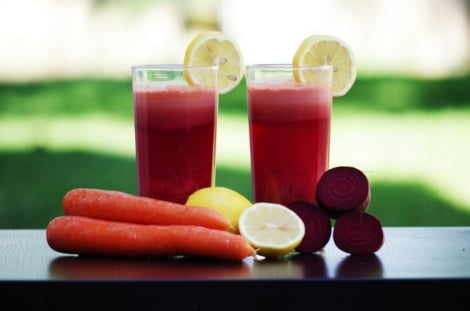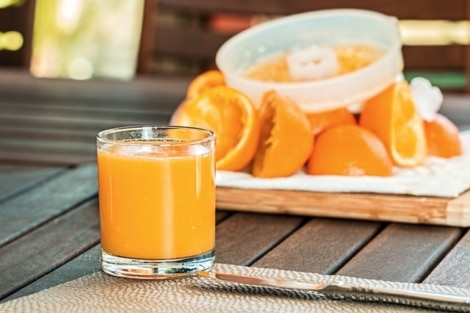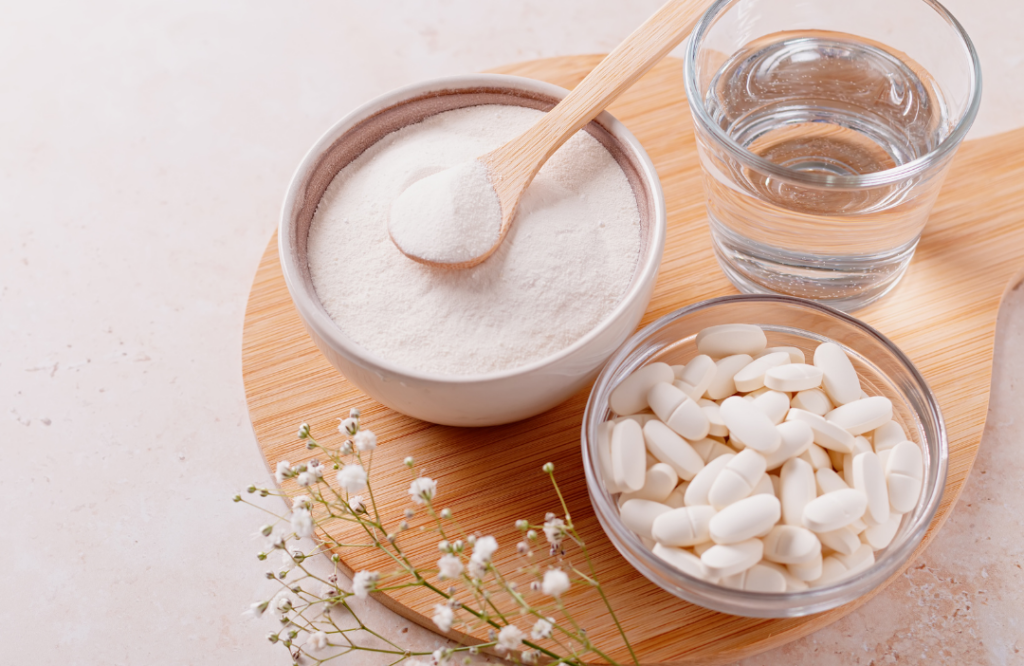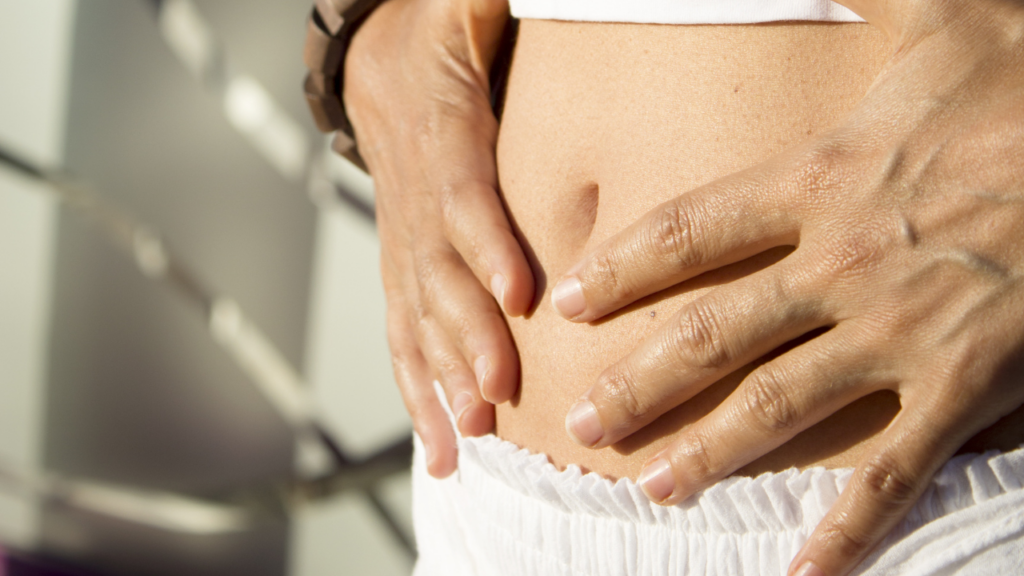Juice is not a health food
Published on October 12, 2017 by Dr. Caitlin Gordon

I started noticing a trend in my practice–while patients often reported feeling great and initially losing weight during a juice fast or when introducing juices, after several weeks or months they were reporting weight gain and increase in fatigue and appetite. This led me to do a bit more digging into what’s going on with juice.
There are a few important factors to consider–the ingredients in juice, how much juice and how often, and whether it is being used as a meal replacement.
Juice, at best (cold-pressed, made from organic veggies, same-day juiced) is full of antioxidants and enzymes, and at worst is glorified soda. However, even veggie-heavy, organic, fresh juice which has the best health benefits with the least amount of negative impact on blood sugar, should be drunk in moderation. Here’s why:
Fructose without fiber is a problem
High consumption of fructose, the sugar found in fruit, is linked with a range of health conditions from weight gain to liver damage. While glucose can be used by virtually any cell in the body, fructose is only broken down in the liver.
When fruit is juiced, the fiber that is naturally present in whole fruit has been removed. When we consume fructose without the beneficial fiber, the negative effects increase significantly. Research is still investigating how it is the fiber seems to be the antidote to the poisonous effect of high fructose, but it is clear that fructose in whole fruit form does not have the same effects as fructose in juice. This video offers a good explanation.
The other piece of this puzzle is about quantity. It is very easy to drink a glass of orange juice, and very difficult to eat the six oranges needed to make a glass of orange juice. By eating whole fruit we limit our consumption of fructose naturally. The body has evolved to eat foods in their least processed form and by filling us up fiber works as a natural stop mechanism on overdoing the sugar in fruit.
Blood sugar balance is important
 Far more important than the amount of fat you consume, is the amount of sugar. The less, the better. There is compelling evidence that a diet high in sugar leads to cardiovascular disease. There is little argument that a diet high in sugar is also linked to weight gain, metabolic syndrome, and diabetes.
Far more important than the amount of fat you consume, is the amount of sugar. The less, the better. There is compelling evidence that a diet high in sugar leads to cardiovascular disease. There is little argument that a diet high in sugar is also linked to weight gain, metabolic syndrome, and diabetes.
Balancing blood sugar, which means preventing high blood sugar spikes like you get after drinking juice and low blood sugar dips like you get from going too long between meals, is essential to reducing stress on the body. Whenever blood sugar spikes too high or dips too low, the body produces insulin or a stress hormone called cortisol. Cortisol regulates our inflammation response and directly impacts the production of reproductive hormones. Frequent and repeated spikes in insulin and cortisol are linked with a number of chronic diseases.
To avoid big swings in blood sugar, it is important to eat fiber, fat, or protein with each meal and snack. When we consume fruit juice, there is no fiber, fat, or protein to slow the release of sugar into the bloodstream, which leads to a spike in blood sugar and often a compensatory dip.
High on Juice
You know that energy rush you feel when you have some juice? Many people mistake that for proof that fresh juice is good for you. While I certainly believe that a concentrated dose of antioxidants and enzymes is very healthy, the majority of the energy boost you feel after drinking juice is due the high sugar content of juice (even if it’s only fruit sugar). This sugar rush (blood sugar spike) makes you feel really good for a little bit, until it wears off and you need more sugar, er, juice.
Best Practices for Juicing
- 80% veggies, no more than 20% fruit
- Must be organic
- Juice seasonally/local produce
- Avoid processed commercial versions
- Consume with a meal
- Eat the fruit or make a smoothie instead
- Try cooked and puréed fruits and veggies if the goal is to detox and give digestion a break
Schedule Holistic Health Coaching or Acupuncture
The contents of this site, including text, graphics, images, and other material are for informational purposes only. Nothing contained in this site is or should be considered or used as a substitute for professional medical or mental health advice, diagnosis, or treatment. Please schedule an appointment for personalized health advice.






